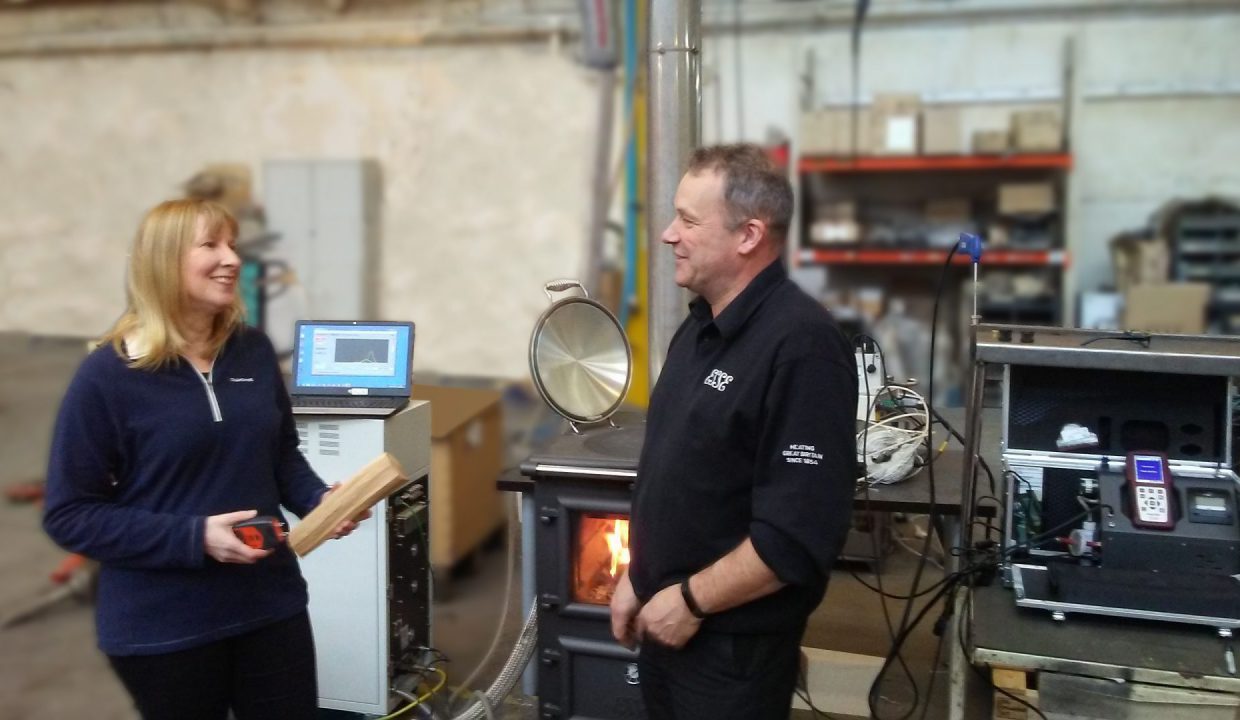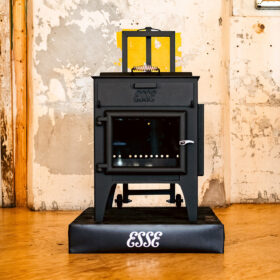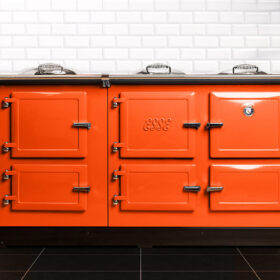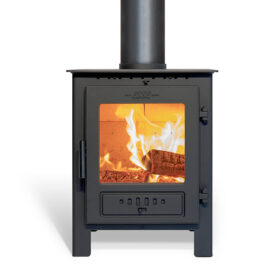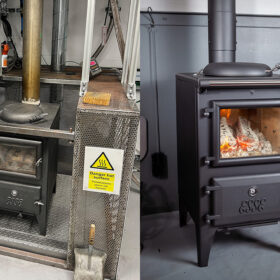Master Stove Maker looks beyond new Ecodesign requirements to minimise emissions without compromising on performance and control
ESSE engineers are collaborating with combustion scientists from the University of Manchester to develop its next generation of wood-fired stoves.
The Master stove-maker has confirmed that its range of wood fired stoves will meet tighter air quality emission requirements under the UK Government’s new Clean Air Strategy, which introduce more stringent checks on wood-burning stoves.
But amid concerns that some stove manufacturers may attempt to ‘game’ the new certification process, ESSE is investing additional research and design effort into ensuring its products exceed the new standards.
Manufacturers have been given from 2018 to 2022 to phase in new models and re-engineer existing models to comply. Several ESSE ranges – including the Warmheart and Bakeheart cook stoves and the 100 and 500 Vista series wood-fired stoves – already meet the new Ecodesign requirements.
And ESSE has now embarked upon a strategic re-engineering programme which will future-proof ESSE’s entire range of clean-burning wood-fired stoves.
Working in conjunction with a team of specialist combustion scientists from the University of Manchester, ESSE engineers are utilising their world-leading expertise in clean combustion technology to further reduce particulate emissions without compromising the stove’s performance or control.
ESSE technical director Craig Nutter said:
“We’ve been working towards meeting these new standards for some time now, but we don’t believe ‘quick fixes’ are appropriate to meeting this particular challenge.
“As our friends in the automotive industry learned to their cost, trying to ‘game’ emissions testing regimes may have unintended consequences.”
“Today’s stoves are built to much tighter tolerances than they were just a decade ago. Consequently, modern solid fuel appliances’ combustion is much cleaner.
“All our bestselling stoves will meet the new standards before 2022 and we are committed to taking real world operating conditions into account. The quality of the installation of the stove and flue and the moisture content of the wood burned are also critical to achieving a sustainable long-term solution.
“We believe that the stove should perform well on low, medium and high settings and that’s what we are working towards. If we don’t get the combustion calibration exactly right, the precision control our customers expect will be compromised.”
Amanda Lea-Langton, Department of Mechanical, Aerospace and Civil Engineering at University of Manchester, said:
“Wood burning stoves have come under the spotlight in terms of adverse air quality due to the particulate emissions and new European Ecodesign regulations will prevent the sale of inefficiently burning stoves.
“However, even the cleanest models can produce high levels of particles if used incorrectly. Fuel quality and stove operation all affect the quality of combustion achieved, hence real-world results can differ considerably from those attained under stove certification conditions.
“We are working with ESSE to establish the most efficient combination of fuel volume and combustion process to minimise particulate emissions and educate customers on how to ensure they are using their stove to make a positive contribution to improving air quality.”
